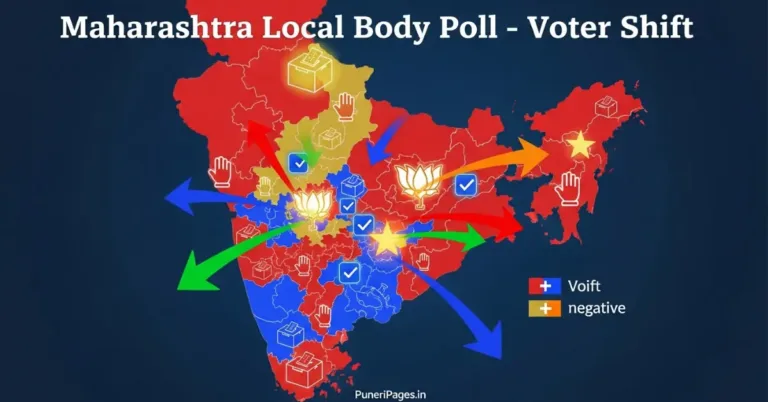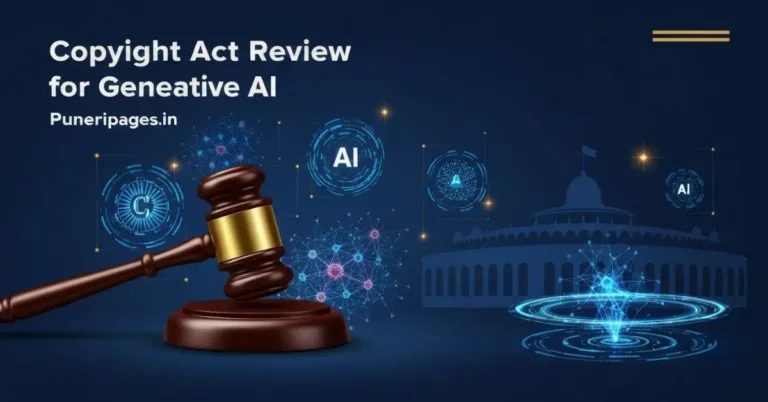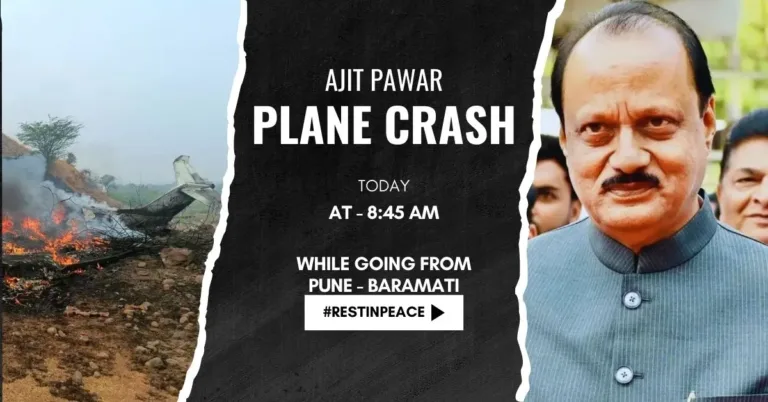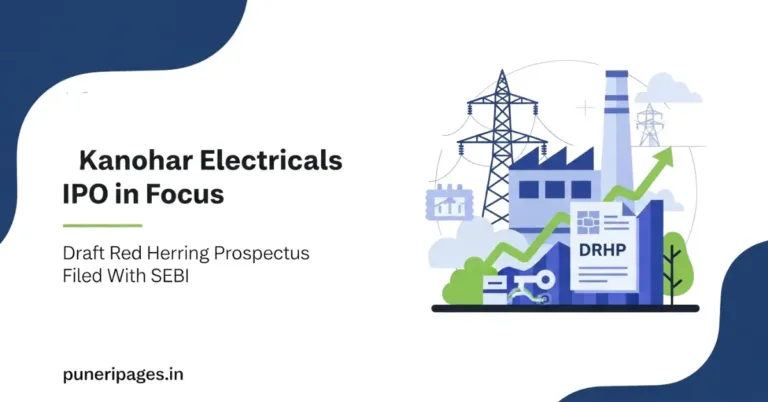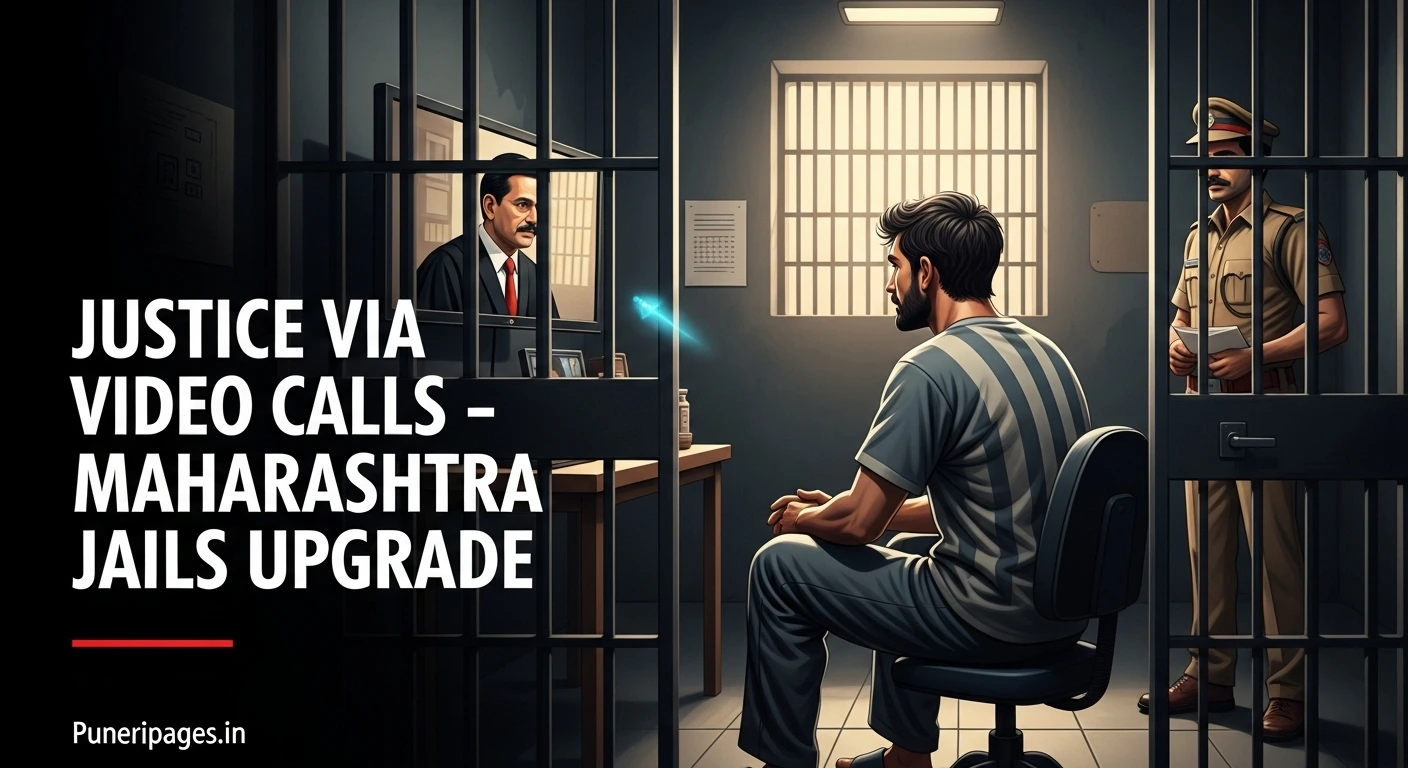
New video conferencing rooms in Maharashtra jails will ensure undertrial prisoners attend hearings without delay. | Image: Puneripages
By Prashant for PuneriPages.in
Pune: Justice delayed is justice denied—and in Maharashtra, one of the biggest reasons for these delays has been something as simple (yet serious) as the shortage of police escorts. Every time an undertrial prisoner has to be taken from jail to court, the police need to arrange an escort team. And when they can’t, the hearing simply gets pushed ahead. Weeks turn into months, and prisoners keep waiting for their cases to move forward.
To fix this, the state home department has finally decided to step up. More video conferencing (VC) systems are going to be installed in jails across Maharashtra so that prisoners don’t have to physically travel to court for every hearing. Instead, they’ll just log in virtually from inside the prison itself.
Table of Contents
Why is this such a big deal?
Imagine being stuck in jail, not because the judge postponed your case, but because there weren’t enough policemen to escort you. That’s been the reality for thousands of undertrial prisoners. It’s frustrating, it clogs up the justice system, and it’s unfair.
With video conferencing, this excuse simply vanishes. No escorts? No problem. The hearing goes on. The judge sees the prisoner on screen, their presence is officially recorded, and the case keeps moving.
The Triple Win
This isn’t just about convenience—it’s a win on multiple levels:
- Faster trials: Fewer adjournments mean cases don’t drag on forever.
- Better use of police: Thousands of cops will be freed from escort duty, so they can actually focus on keeping the city safe.
- Safer too: No more risks of prisoners escaping or getting attacked while being transported.
Why this matters beyond numbers
For many undertrial prisoners, this is about more than technology. It’s about dignity. Some people spend years behind bars without a proper trial—not because of the law, but because of logistical delays. By making courts more accessible through video conferencing, the system is finally taking a small but important step toward fairness.
It’s one of those changes that may not make headlines every day, but for the people stuck in this cycle, it’s a lifeline. And honestly, it shows that when technology is used right, it can do more than just make our lives easier—it can actually make justice faster and fairer.
